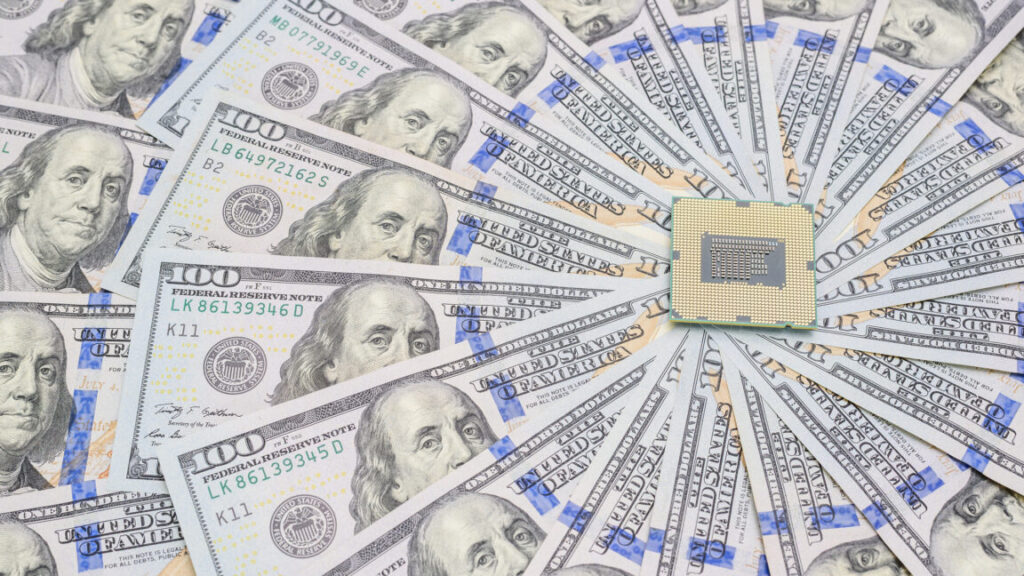“I hope to see the Supreme Court rule swiftly to provide businesses the certainty they need,” Shapiro said, arguing in a second post that tariffs “cause uncertainty for businesses, snarl supply chains, and drive inflation and higher costs for consumers.”
As tech companies wait to see how the court rules and how Trump responds to the conclusion of the Commerce Department’s probe, uncertainty remains. CTA’s vice president of international trade, Ed Brzytwa, told Ars that the CTA has advised tech firms to keep their receipts and document all tariff payments.
How chip tariffs could raise prices
Without specifying what was incorrect, a White House official disputed Reuters’ reporting that Trump may shift the timeline for announcing semiconductor tariffs, saying simply “that is not true.”
A Commerce Department official said there was “no change” to report, insisting that the “administration remains committed to reshoring manufacturing that’s critical to our national and economic security.”
But neither official shared any details on when tariffs might be finalized, Reuters reported. And the Commerce Department did not respond to Ars’ request for information on when the public could expect to review findings of its probe.
In comments submitted to the Commerce Department, the Semiconductor Industry Association warned that “for every dollar that a semiconductor chip increases in price, products with embedded semiconductors will have to raise their sales price by $3 to maintain their previous margins.” That makes it easy to see how semiconductor tariffs risk significantly raising prices on any product containing a chip, depending how high the tariff rate is, including products like refrigerators, cars, video game consoles, coffee makers, smartphones, and the list goes on.
It’s estimated that chip tariffs could cost the semiconductor industry more than $1 billion. However, the bigger threat to the semiconductor industry would be if the higher prices of US-made chip made it harder to compete with “companies who sell comparable chips at a lower price globally,” SIA reported. Additionally, “higher input costs from tariffs” could also “force domestic companies to divert funds away from R&D,” the group noted. US firms that Trump wants to promote could rapidly lose their edge in such a scenario.

